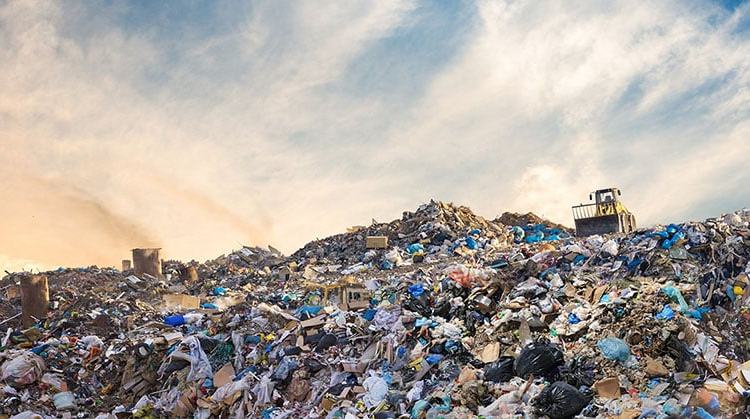The European Union (EU), in collaboration with the Nigerian government, is driving a circular economy in the fashion and textile industry to align with the United Nations’ zero-waste agenda.
Speaking at the International Zero Waste Day event in Abuja, EU Ambassador to Nigeria and ECOWAS, Gautier Mignot, highlighted the alarming 92 million tons of textile waste generated globally each year. He stressed that this waste disproportionately impacts biodiversity, human health, and vulnerable communities.
“This year’s theme—‘Towards Zero Waste in Fashion and Textile’—addresses the overproduction and overconsumption issues within the industry,” Mignot said. He noted that synthetic fibers contribute to microplastic pollution, while discarded clothing often ends up in open dumps and incinerators, leading to severe environmental and social consequences.
The EU’s partnership with Nigeria includes initiatives like:
National Policy on Waste Battery Management (2021)
Plastic Waste Control Regulation (2023)
National Circular Economy Roadmap (2024)
“Our latest project with UNIDO tackles waste from solar panels and batteries, furthering our commitment to sustainable waste management,” Mignot added.
NESREA Director-General, Innocent Barikor, reaffirmed Nigeria’s push for a circular economy, emphasizing that products should never become waste but instead be maintained, reused, refurbished, or recycled.
“The transition from waste to wealth is not just possible—it is already happening,” he concluded.




